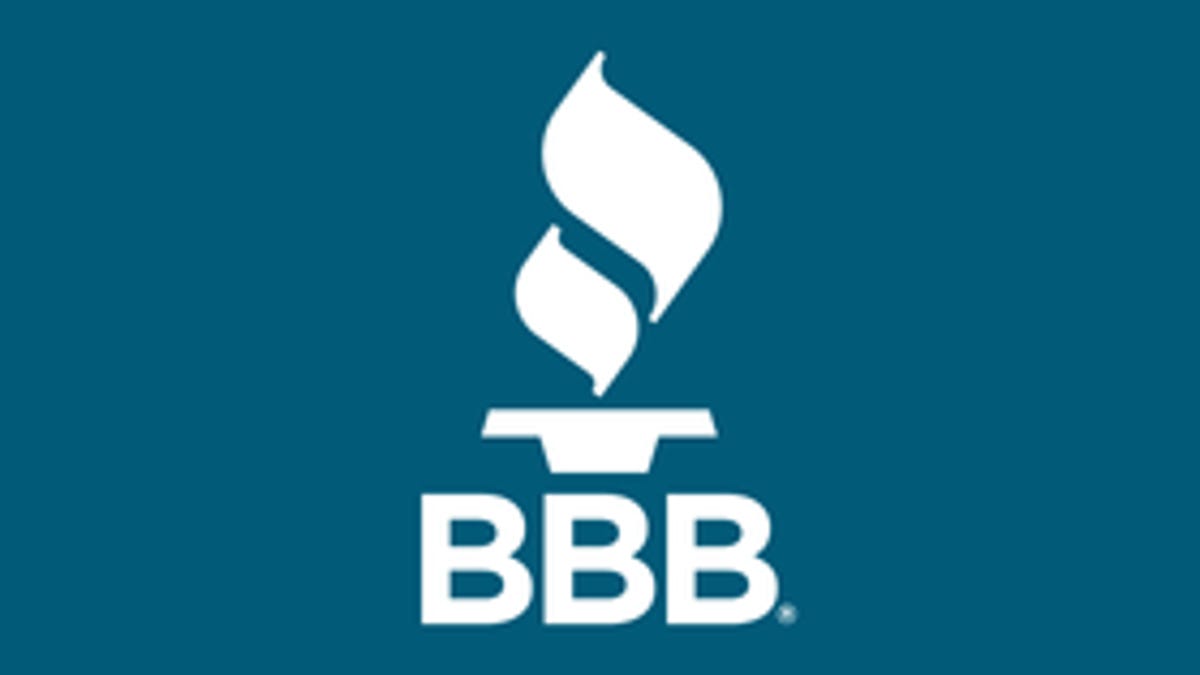Source: site

Debt collection scams can be one of the most frightening and persistent scam types. Victims often report that scammers harass them or their family members for weeks or even months, both at home and at work, trying to get them to pay a debt they don’t even owe. BBB receives numerous reports of con artists changing tactics just to get the information necessary to collect information or cash.
How the scam works
The scammer calls or texts and says that they work for a loan company, law firm or government agency, and claims to be collecting an overdue payment for you or a family member. After replying that you or your family member don’t owe money, the “debt collector” starts threatening to file a lawsuit, have wages garnished, request an arrest warrant or arrange for a court appearance thousands of miles from home. All of those claims are nerve-wracking, leaving the person answering the phone not even sure they owe money in the first place.
One Ohio consumer shared this to BBB Scam Tracker: I got a voicemail from an unknown number claiming I owed a debt on a credit card I’ve never had. They said I needed to pay a little over $400 to settle the debt. They read off my full Social Security Number and past names, which was alarming. When I questioned it, the caller became aggressive and verbally abusive, even threatening legal action. I later spoke to someone else who repeated the same story but refused to send proof and hung up on me. The number now goes to a generic voicemail.
A West Virginia consumer reported to the BBB Scam Tracker they lost $230.11 paying a fake settlement amount on a debt they did not owe: Scammers called myself, my wife (the target) and my mother-in-law. Stated money was owed for a bank account closed almost 15 years ago. The scammer got rude on the phone and stated there was a letter sent, but no letter was ever received. The scammer had our address, wife’s full name (initially under maiden name) and her SSN.
If you receive a phone call like that, the first thing to do is to stay calm. Despite those threats, those “debt collectors” don’t have any legal power. In most cases, the alleged overdue loan doesn’t even exist. Don’t give in and pay the money you don’t owe, otherwise, they’ll call back for more.
Tips to spot this scam
● Ask the debt collector to provide an official “validation notice” of the debt. In the U.S. and most of Canada, debt collectors are required by law to provide that information in writing. The notice must include the amount of the debt, the name of the creditor and a statement of your rights. If the self-proclaimed collector won’t provide the information, hang up.
● Ask for proof of the debt and of the agency calling. If you do owe money and aren’t sure if the caller is real, ask for their name, company, street address and telephone number. Do not provide any bank account, credit card or other personally identifiable information over the phone. If the collector is legitimate, they should have details on the accounts in question.
● Stay calm. Debt collectors are not allowed to harass people even if they do owe money.
Protect yourself with these tips
● Just hang up. If you don’t have any outstanding loans, hang up. Don’t press any numbers to try to speak to an “agent.”
● Never provide payment to someone you don’t know. If you’re being urgently asked to provide payment over the phone to someone you don’t know, hang up. Scammers often ask for payment through wire transfer, prepaid gift cards or digital wallet apps. Take those as red flags for a scam.
● Reach out to your loan providers to verify the information. If you currently have loans taken out and aren’t sure if the caller is real, call the banks or loan companies on your own and verify if what the caller states is true. Be sure to look up their customer service phone numbers on your own and never use a phone number that a potential scammer is using or provides you with.
● Check your credit report. Check with one of the three national credit reporting companies (Equifax, TransUnion, Experian). That will help determine if there are outstanding debts or if there is suspicious activity.
● Place a fraud alert on your credit report. If the scammer has personal information, place a fraud alert with the three national credit reporting companies.
● Watch for red flags. Be wary of messages with vague details, generic names or urgent demands for action. Scammers often use scripted messages to target as many people as possible.
● Check for scam reports. Look up the phone number or details of the message. Many victims post about similar scams to warn others.
● Report suspicious activity. If you believe you’ve been contacted by a scammer, report the incident to BBB Scam Tracker at BBB.org/ScamTracker.
For more information: If you need to contact a collection agency to dispute a debt, request a debt validation letter or ask the collection agency to cease contact, use these templates on Consumer.gov. Remember that while most debt collection agencies are legitimate, there may be times when a scammer is phishing for information. For more information on how to avoid the scheme, visit BBB.org/AvoidScams.
For BBB information: Visit BBB.org/canton or call 330-454-9401 to look up a business, file a complaint, write a customer review, read tips, find our events, follow us on social media and more!



